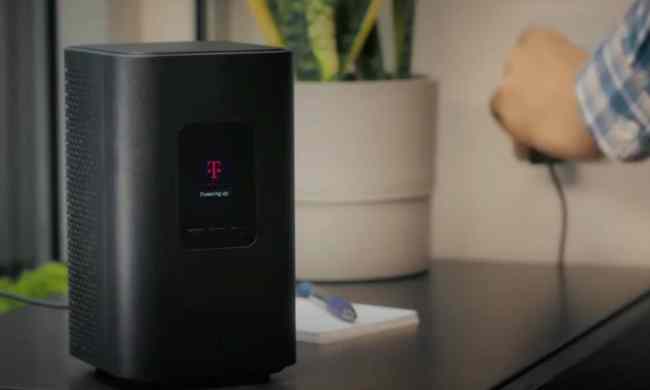U.S. airline chiefs fear “catastrophic disruption” to flight schedules if AT&T and Verizon switch on their new C-Band 5G networks this week, adding that “tens of thousands of Americans” could potentially be stranded overseas.
The issue centers on concerns that interference from 5G cell towers close to airports could affect sensitive airplane safety instruments such as the altimeter, which is vital for low-visibility landings. Up to now, the Federal Aviation Administration (FAA) has cleared only about half of the U.S. commercial aircraft fleet as safe to land at airports where the cell towers are deployed, meaning numerous flights could be impacted until the matter is resolved.
In a letter obtained by Reuters sent to regulators, concerns were expressed by chief executives from carriers including American Airlines, Delta Air Lines, United Airlines, and Southwest Airlines.
“Unless our major hubs are cleared to fly, the vast majority of the traveling and shipping public will essentially be grounded,” the letter said. “Immediate intervention is needed to avoid significant operational disruption to air passengers, shippers, supply chain, and delivery of needed medical supplies.”
The letter said the issue could “potentially strand tens of thousands of Americans overseas,” adding: “To be blunt, the nation’s commerce will grind to a halt.”
Responding to concerns, AT&T and Verizon last year postponed their C-Band 5G activations until January 5 to allow the FAA to further investigate the matter, with the date then pushed to January 19 — this Wednesday.
The airlines want the cellphone companies to refrain from activating 5G cell towers within 2 miles (3.2 km) of airport runways to avoid what it said could be “catastrophic disruption” to flight schedules. In further action, Verizon and AT&T have put in place exclusion zones around 50 of the largest airports in the U.S., but it seems that the size of these zones is smaller than what the airlines are requesting.
The airlines’ letter comes after the FAA said on Sunday it had deemed it safe for nearly half of the U.S. commercial aircraft fleet to undertake low-visibility landings at many airports where C-Band 5G will be activated on Wednesday, with more permissions expected soon.
The issue of C-Band 5G cell tower deployment near airports has been rumbling on for a long time, so it will surprise many that even at this late stage it has yet to be resolved.
In a letter sent to the FCC in 2017, for example, the Aerospace Vehicle Systems Institute said earlier plans to use the C-Band for telecommunications were ditched after studies showed interference to be so unpredictable.
In a statement to Digital Trends, the FAA said: “With safety as its core mission, the FAA will continue to ensure that the traveling public is safe as wireless companies deploy 5G,” adding that it “continues to work with the aviation industry and wireless companies to try to limit 5G-related flight delays and cancellations.”
FCC commission chairwoman Jessica Rosenworcel commented that that the FAA “has a process in place to assess altimeter performance in the 5G environment and resolve any remaining concerns. It is essential that the FAA now complete this process with both care and speed.”
United Airlines told Digital Trends in a statement that the federal government’s current 5G rollout plan “will have a devastating impact on aviation, negatively affecting an estimated 1.25 million United passengers, at least 15,000 flights and much-needed goods and tons of cargo traveling through more than 40 of the largest airports in the country annually.” It added that the airline “won’t compromise on safety — full stop,” and that it’s “simply asking the US government” to design policies for the technology’s safe deployment.”
AT&T told Digital Trends it has no comment to make at the current time, while Verizon has yet to respond.
For a closer look at what’s going on, check out this in-depth Digital Trends article.
Updated to include comments from the FAA, FCC, and United Airlines.


